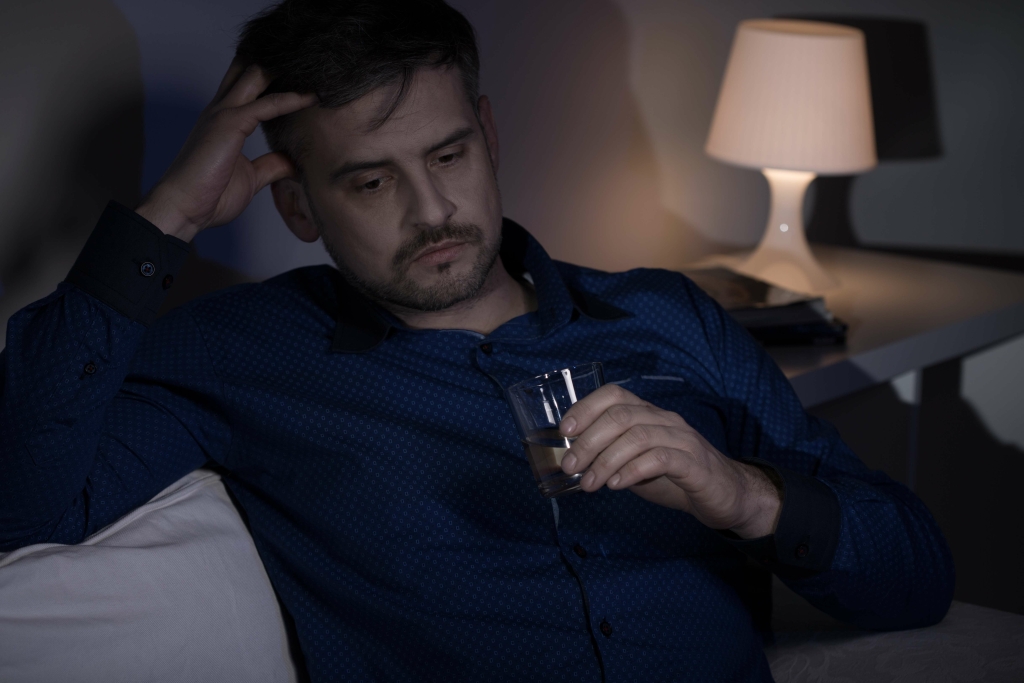Content
Of the clients who indicated that they had support from their families, 77.3 percent completed six sessions, whereas those who did not have family support had a completion rate of only 45.5 percent. We have learned that recovery is possible for both individuals and families. We know that change is a process and can be difficult, but we will be there throughout the process and on the other side.

Friends and family members are often affected by their loved one’s addiction–and family members are best able to bring awareness to it. When your loved one finally accepts help and goes to rehab, you may be wondering what to expect and how you can get involved. As soon as your loved one arrives at the treatment center, he or she will meet with members of the clinical team for a comprehensive intake assessment. This assessment helps the team create an individualized treatment plan based on your loved one’s unique needs. Addiction is a far-reaching and nondiscriminatory condition that not only affects the addict, but also their friends, family, and other loved ones.
Make Starting Treatment a Priority
It takes time to go to personal therapy sessions, and there’s often homework to complete between sessions. Family members who spend their time in these sessions may get the help they need in order to help others, and they may find the strength and resolve that’s been missing until now. These activities and others like them can make the participant feel happy, preserve a sense of efficacy and worth, and help boost mental health.
- They may cover for the individual with an SUD, attempting to make the individual look pleasing to everyone.
- They compensate for the shame the family feels around the addict by being the family superstar.
- In fact, a 2014 Stress in America survey found that around 43% of adults use exercise to cope with stress.
- Family therapy sessions can take time, and it can be tempting to skip a session — particularly for families with a number of conflicting appointments and agendas.
- The family may be encouraged to stop denying the alcohol use and supporting the drinking and begin to find avenues to reach out for help.
Every time they hear a phrase like this, they can share the truth about addiction. They can share some of the knowledge they’ve learned from private research, support groups and therapy sessions and give their friends destigmatizing words to use instead. Some of the more dangerous addictive behaviors often occur in the middle of the night. People with addictions can meet dealers, overdose, stumble home from parties or get into other situations that family members have to deal with. It’s no surprise, then, that some families in the recovery process struggle with sleep.
Family Support Leads to Lifelong Healing
The thoughts and actions of an individual struggling with misuse create fear and distrust in the family. However, family therapy for substance use disorder can rebuild trust and encourage loved ones to maintain recovery. Your family can do several things to take an active role in your recovery to help you heal. Finding resources to help educate your family on addiction and mental health issues will be the first place to start. Most addiction treatment centers have “family days” or offer family counseling sessions to their clients and their loved ones.
- If you live with alcohol use disorder, it can impact not only your daily life but also the lives of those within your family.
- However, because of the different family roles in addiction, family members will not always get along.
- Parents often feel anxiety over their child’s whereabouts and sudden changes in their social circles.
- The Scapegoat creates other problems and concerns in order to deflect attention away from the real issue.
Laguna Treatment Hospital offers the option of family therapy via telephone or Skype. With the help of our doctors, therapists, and wellness coaches, you can fix broken relationships that promote Recovery for Life. Because teens are still developing emotionally and behaviorally, misusing drugs and alcohol early on can have lifelong https://ecosoberhouse.com/ effects. For example, teens suffering from addiction can have lifelong addiction issues. Often the oldest child, the hero, steps up and cares for the family. The hero seems to have it all together as they work hard and are high achievers. However, they may be in denial and overlook issues needing professional help.
Continuing Education
Al-Anon is a 12-Step program that was created as an offshoot of Alcoholics Anonymous . It is a worldwide fellowship dedicated to helping friends and family members of alcoholics. Al-Anon meetings bring together these individuals to share their experiences, offer support, and work through the 12-Steps.

Our mental health professionals are skilled at helping patients with co-occurring disorders , which sets our Addiction Recovery Program apart from other alcohol and drug treatment centers. Family members play an important role in the addiction recovery process and are encouraged to attend our Family Program and Parent Program.
Recovery Advocacy
It’s also important to manage expectations for yourself and other family members. Families in early recovery may make mistakes, and they may not be their ideal selves, but they can still enjoy their time together and actively support one family support in addiction recovery another. Even if things aren’t “perfect,” they can still be more meaningful as you work together toward a drug-free life. In these moments, it can be helpful to remember that relapse does not mean failure for your loved one or for you.
What are some deep sayings?
- “Whoever is happy will make others happy too.” ~ Anne Frank.
- “When the going gets tough, the tough get going.”
- “Motivation is what gets you started.
- “The best way to predict the future is to create it.”
- “Not how long, but how well you have lived is the main thing.”
- “We are what we repeatedly do.
